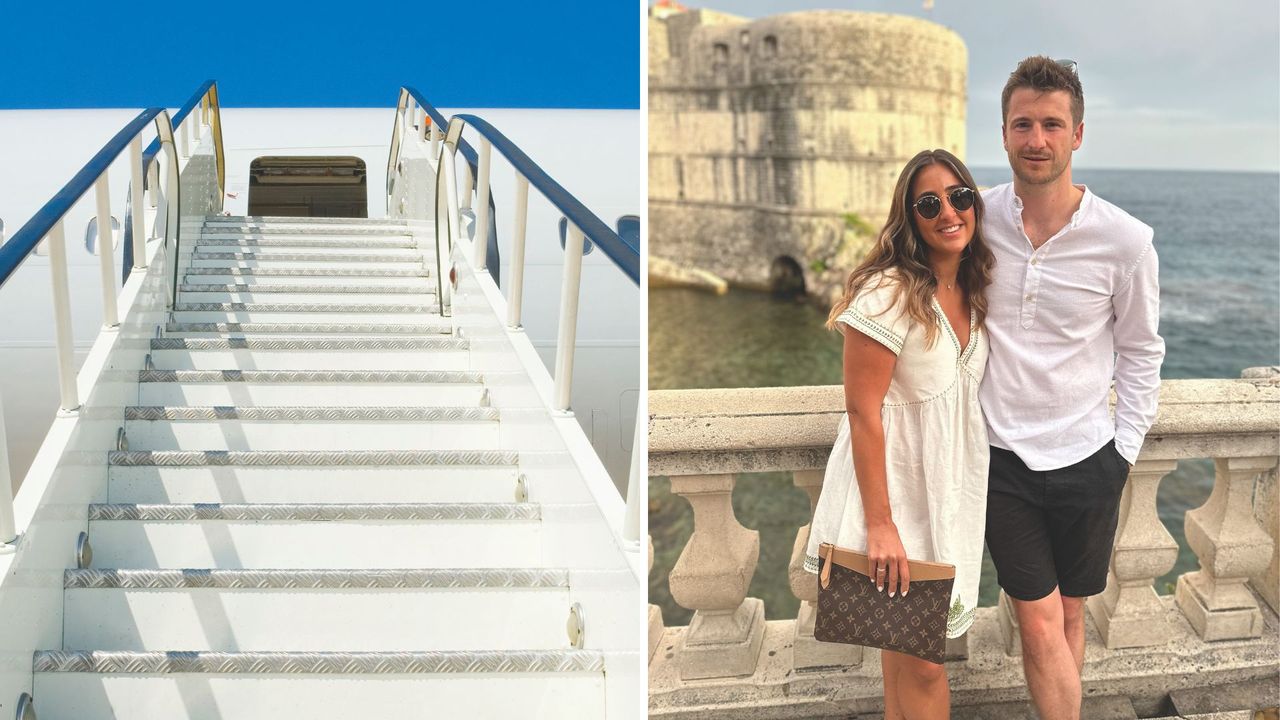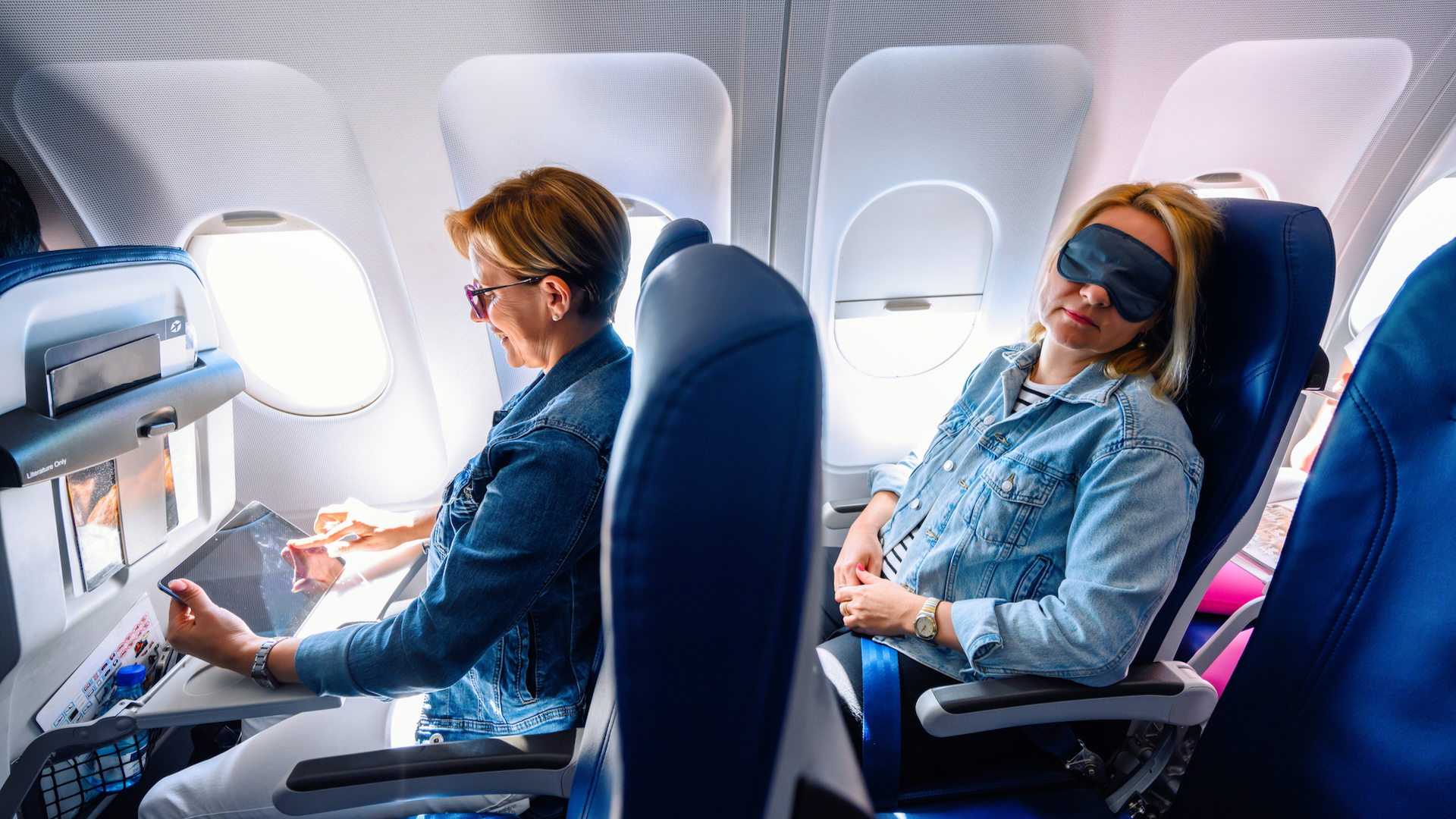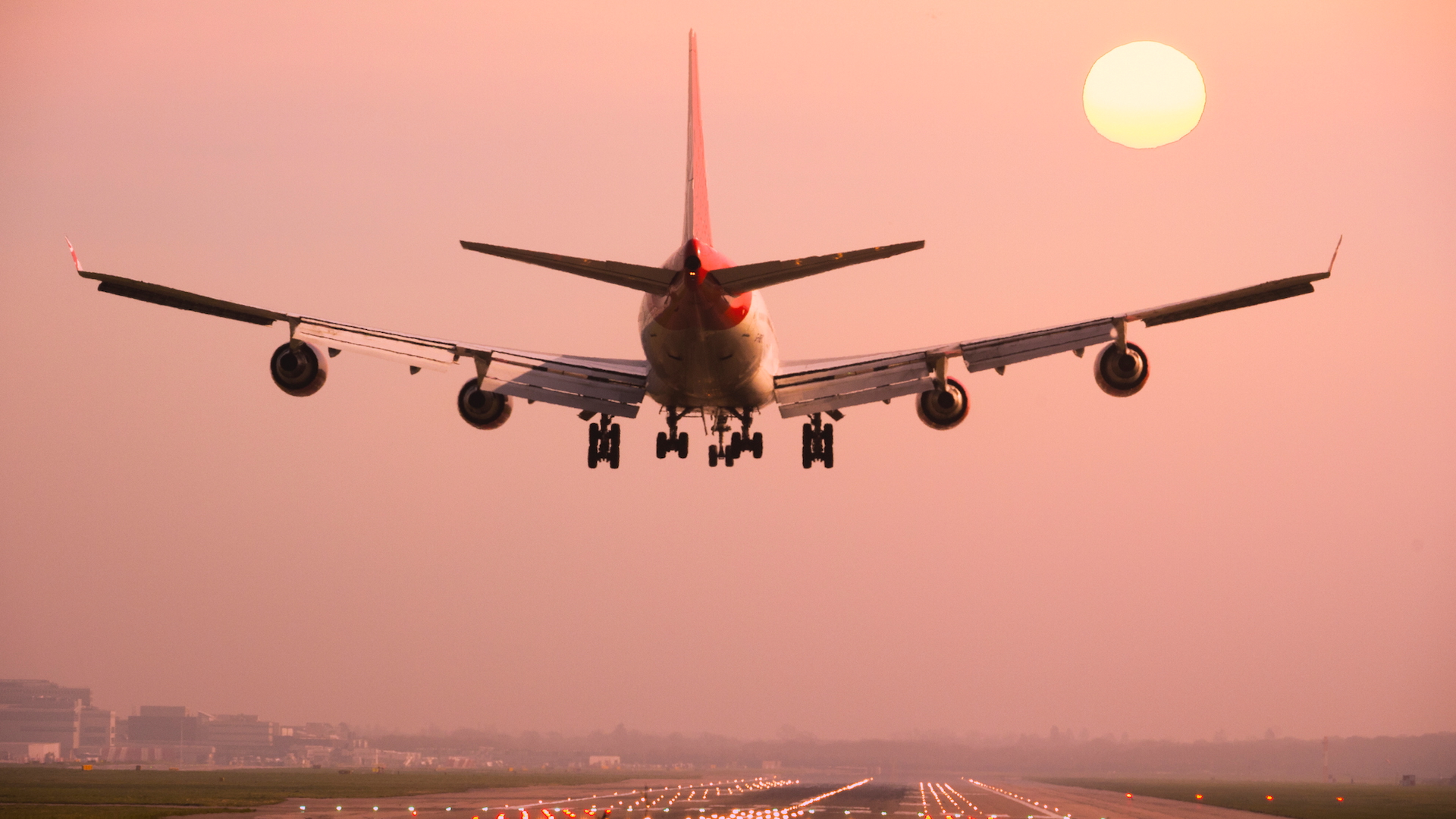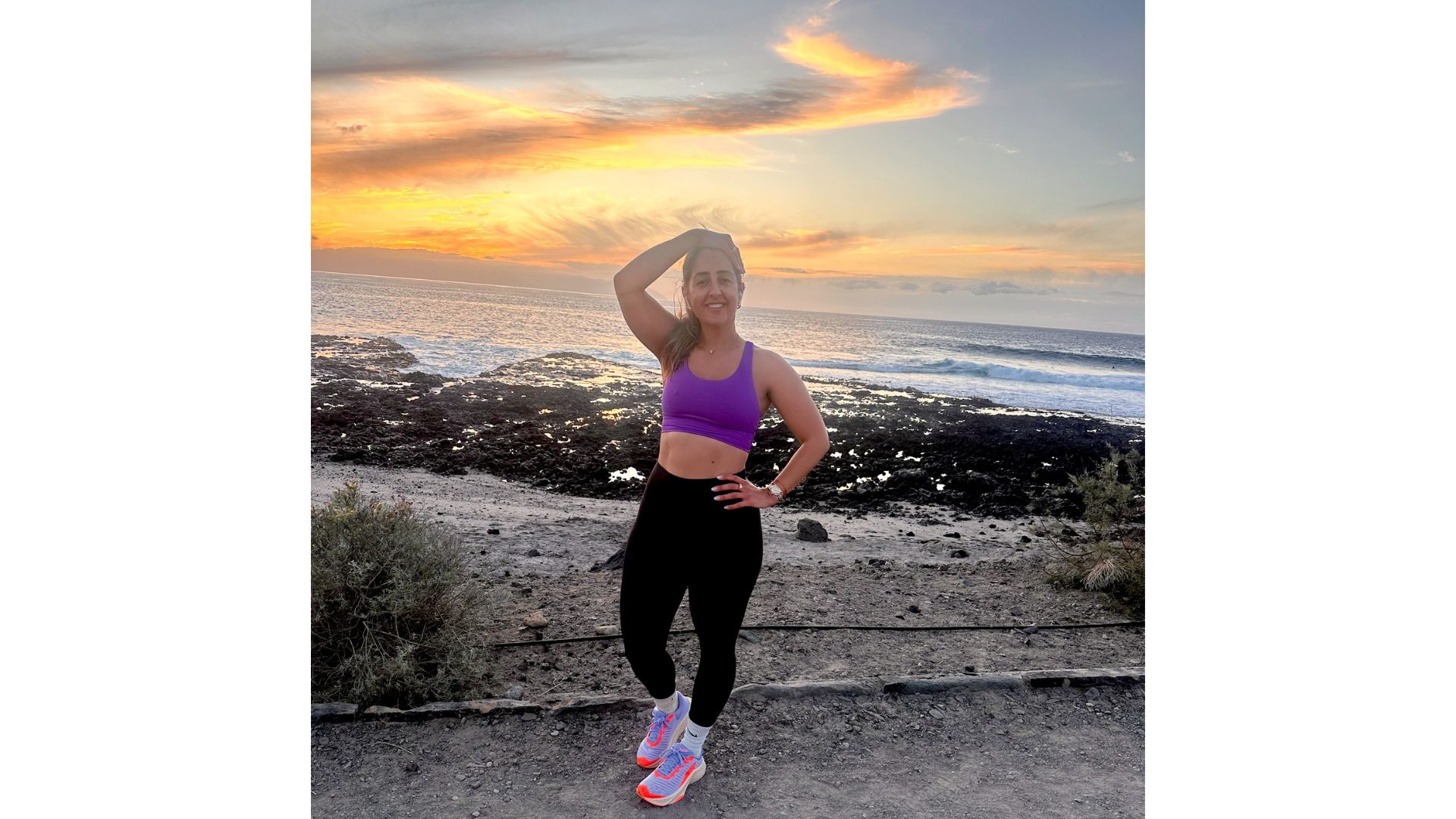
If you're scared of flying, you’re not alone. The NHS estimates that 10 million people in the UK have a phobia, making it the most common type of anxiety disorder. And at this time of year, as friends jet off on holidays, a fear of flying may feel more pronounced than ever.
"Phobias generally stem from a traumatic experience, like bad turbulence on a plane or being bitten by a dog when young," explains clinical psychologist Dr Jo Stuart.
The most common phobias include spiders, public speaking and heights, but we can fear anything, from buttons to baked beans, to a fear of eating – or even a specific colour.

Dr Stuart believes the key to dealing with any phobia is the same.
"A fear develops when our brain associates something with danger. If we avoid that thing, our brain thinks we have avoided danger, so the fear is maintained.
"The only way to overcome a phobia is to show the brain it does not have to worry – so we must face the thing we dread."
Sarah's fear of flying

Facing her fears is exactly how Sara Shine, 35, a software sales manager from Hertfordshire, learnt to overcome her phobia of flying. "As the plane soared through the air I gripped the armrest so tightly my knuckles turned white. My eyes were shut and, paralysed with terror, I was convinced that at any moment we would crash," Sara remembers.
"This crippling phobia developed over time. As a child, I loved the excitement of long-haul flights – the unlimited snacks, hours of movies and then stepping off the plane somewhere completely different.
"I’d always taken flying in my stride, as my parents split when I was 10 and Dad moved to America’s East Coast, so for more than 10 years my younger sister Madelaine, then aged seven, and I took two unaccompanied trips a year to visit him. We loved the independence of travelling together with very little adult supervision."

"I continued to travel frequently as an adult, but that changed in my late 20s after a couple of bad flight experiences – one with turbulence and one tearful long flight home after a break-up.
"Soon, flights filled me with fear. My panic levels became worse with each journey I took. I could hardly move, convinced that at any minute we’d be plummeting to the ground.
"I started avoiding travel. For four years, my stepsisters Amy and Michelle lived in New York but I only saw them once before the phobia got too much. I made endless excuses for cancelling plans."
Finding a cure
"Realising I needed a long-term solution, I came across Dr Bonita Rayner-Jones, a registered hypnotherapist on Harley Street. After an initial consultation, she recorded a 40-minute tailored hypnotherapy session for me. It put me into a deep state of hypnosis before introducing various thoughts and techniques to reframe my fears.
"She guided me to think of a colour that represented calm and a relaxing scene, and set that up as a risk-free space in my head.
"Where panic was deep-seated in my unconscious, she planted seeds of safety."

✢ Hypnotherapy can help reframe phobias. Try Hypnotherapy Associates
✢ Cognitive Behavioural Therapy (CBT) Find therapists through the British Association for Counselling and Psychotherapy
✢ Clinical psychologists help individuals understand what’s driving a phobia. Contact Dr Stuart Psychologists
✢ easyJet run courses called Fearless Flyer to help nervous flyers.
"The effect was so powerful that when I flew to Barcelona a couple of weeks later, the experience was totally different. It was a wonderful surprise to feel relaxed and I even managed to walk around on the plane.
"It’s not an overnight fix. I still listen to Bonita’s recording before and during flights, but her tools have embedded changes in my thinking that enable me to flip fear into positive scenarios.
"I’m now planning a long-haul trip with Stuart, my boyfriend, at the end of the year. We don’t know where we’re heading but it’s wonderful to feel excited at the prospect of an adventure again – even the flight."
This article first appeared in the August 2025 issue of woman&home magazine. Subscribe to the magazine for £6 for 6 issues.







